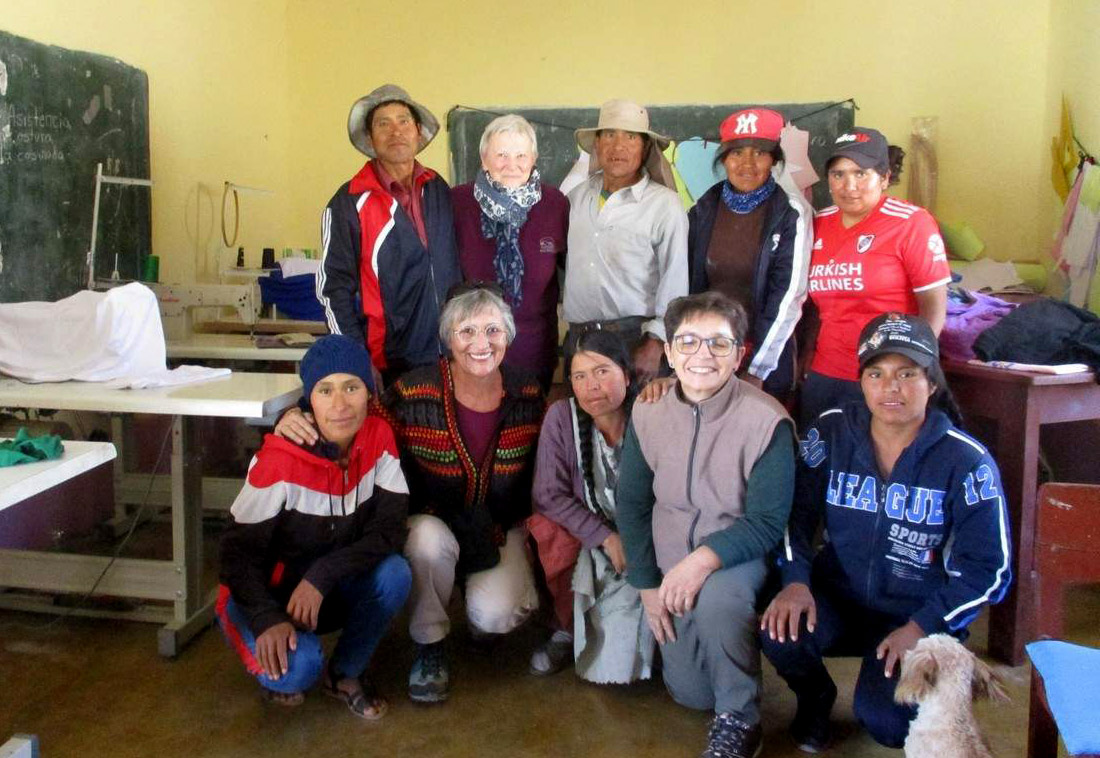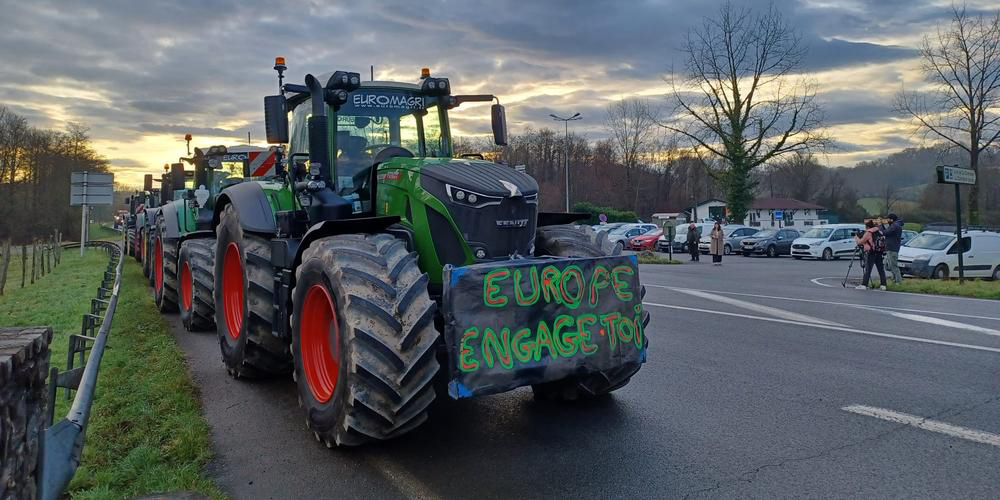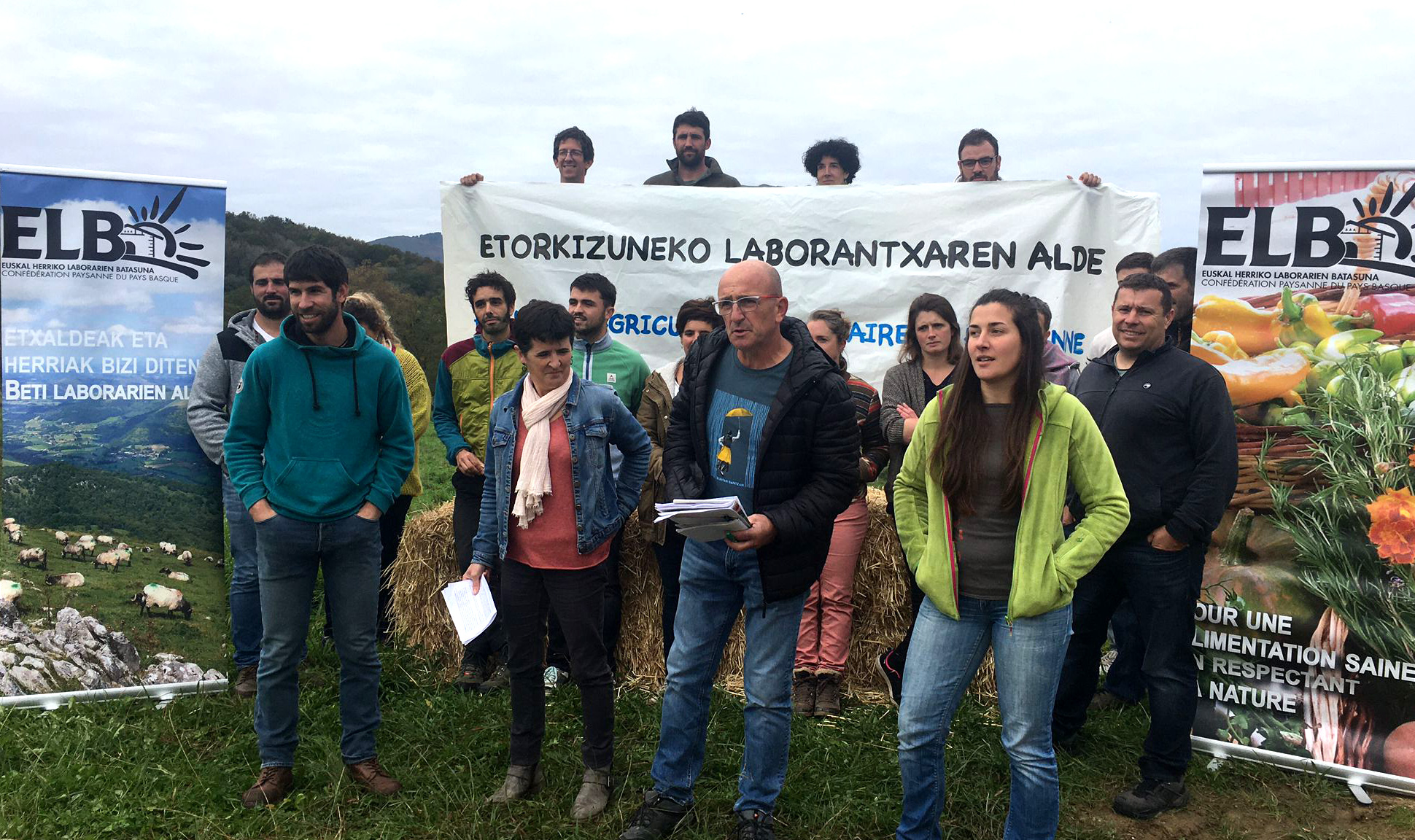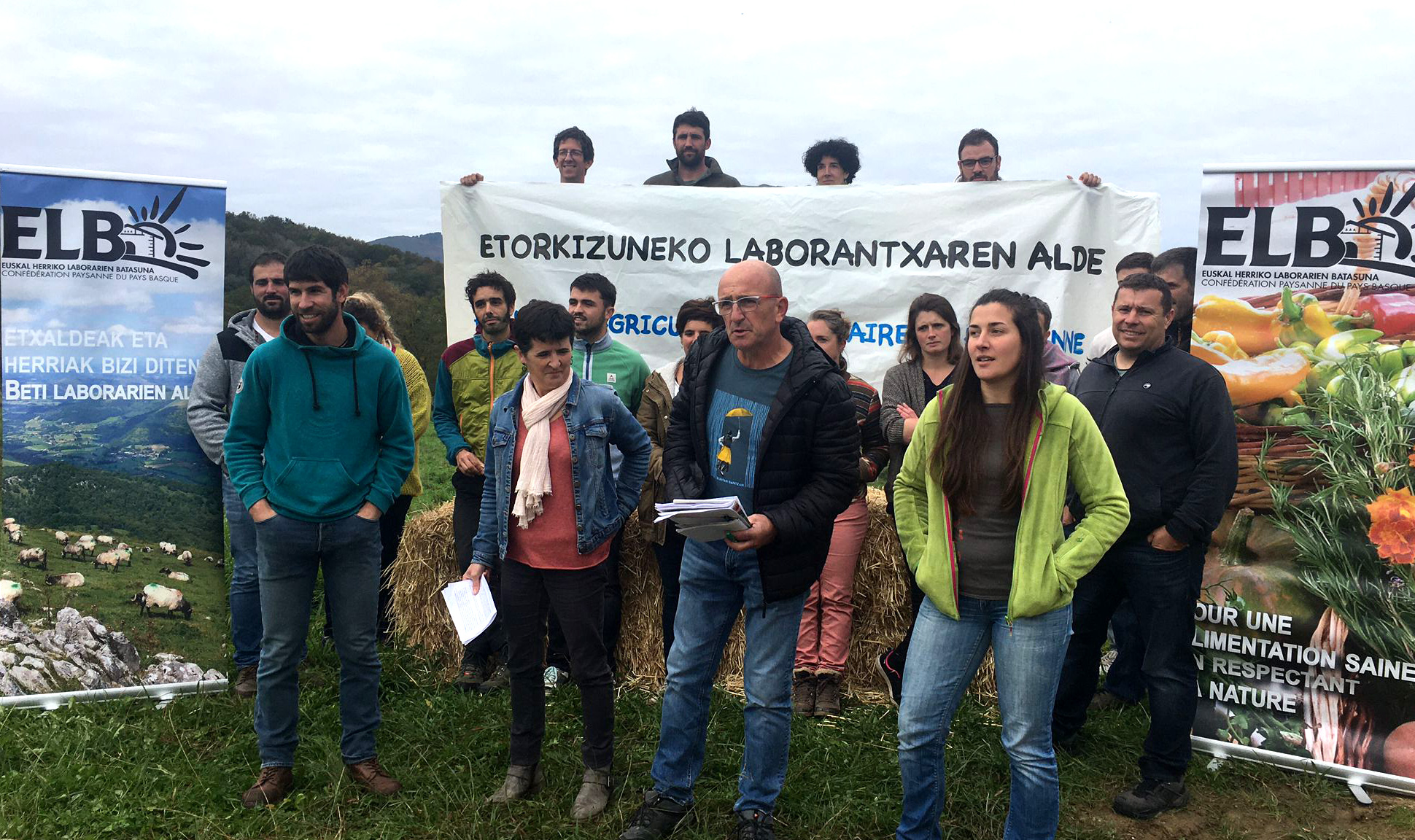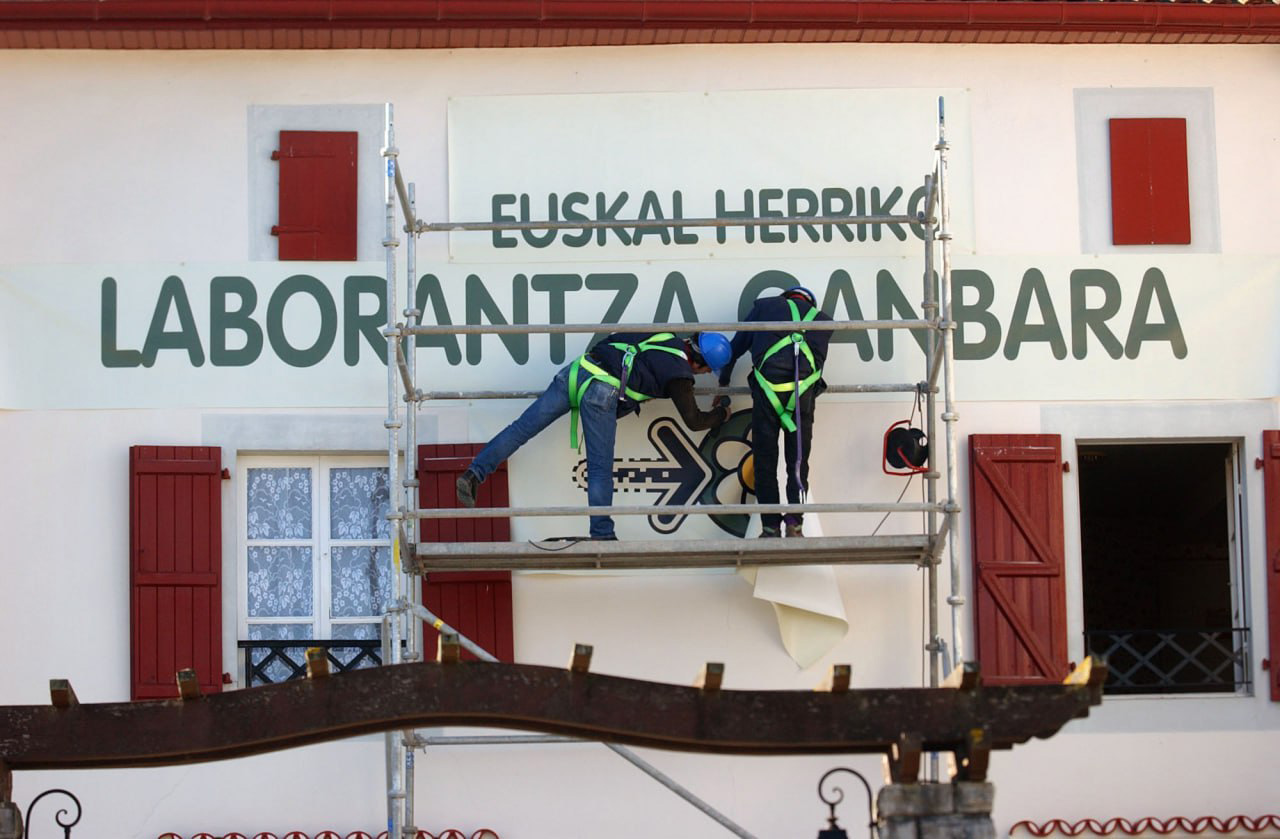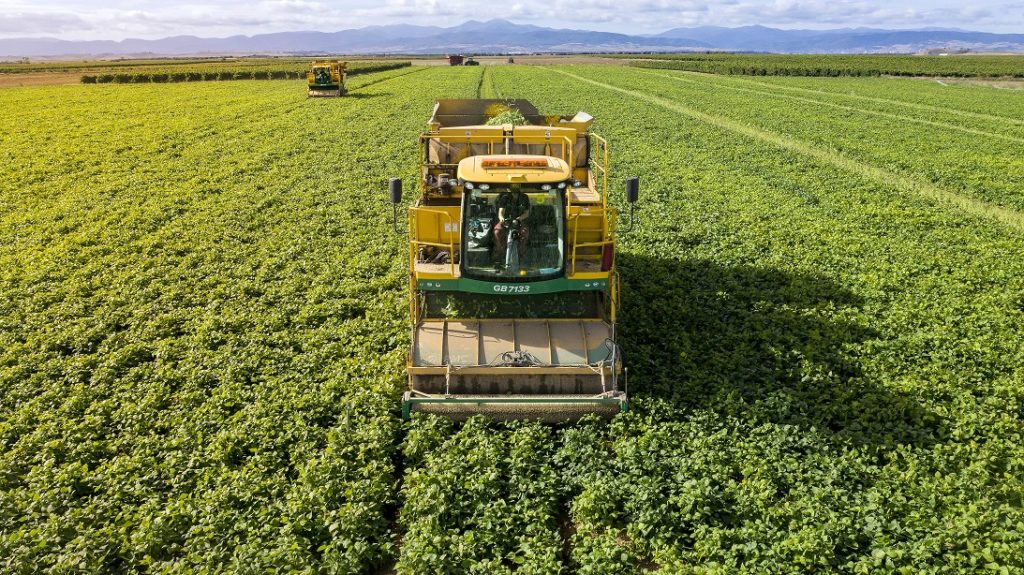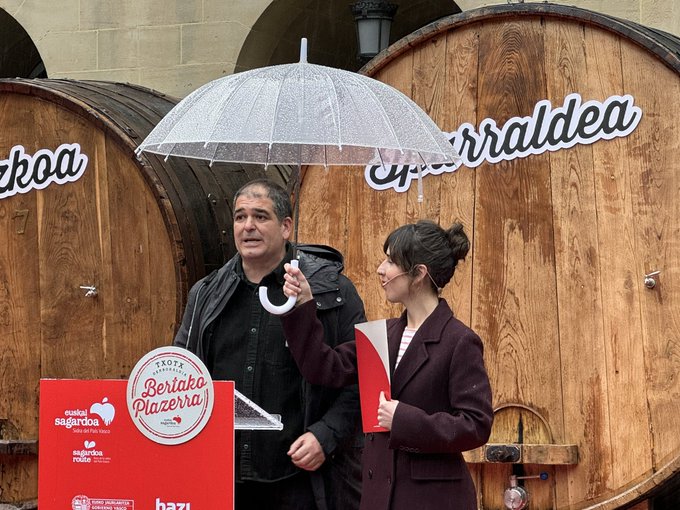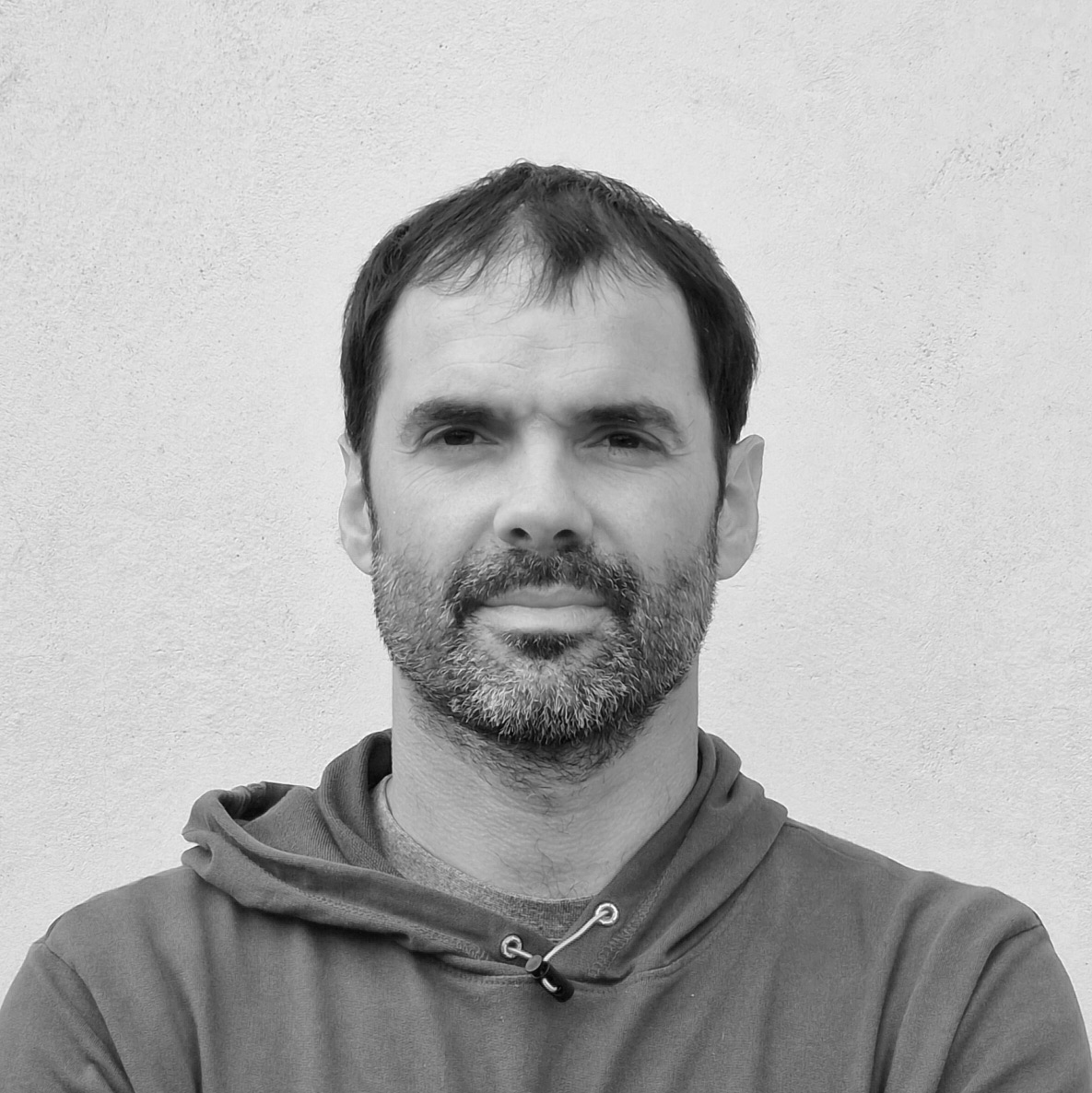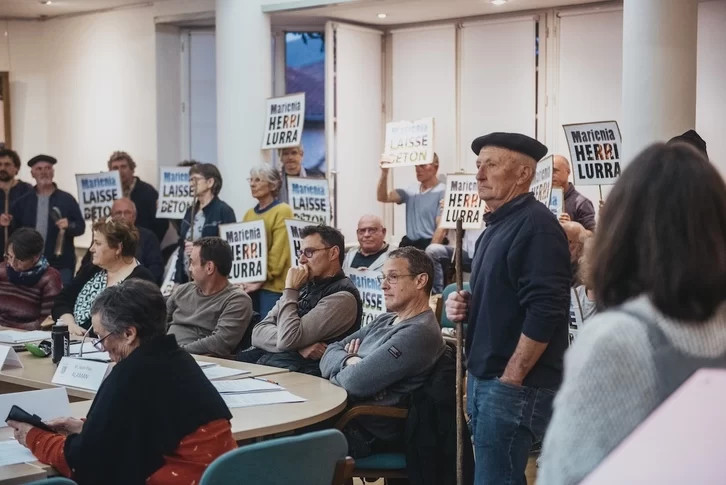Agroecology in India is called Zero Budget Agriculture.
- Agroecology is not a matter for the green snob of cities or radical peasants who refuse to chemically poison their field orchards, contrary to what many might think of the West. It is not in Cuba, and the blockade of foreigners prevented people from starving to death. In India, industrial agriculture enables farmers condemned to poverty and suicide to survive with dignity.
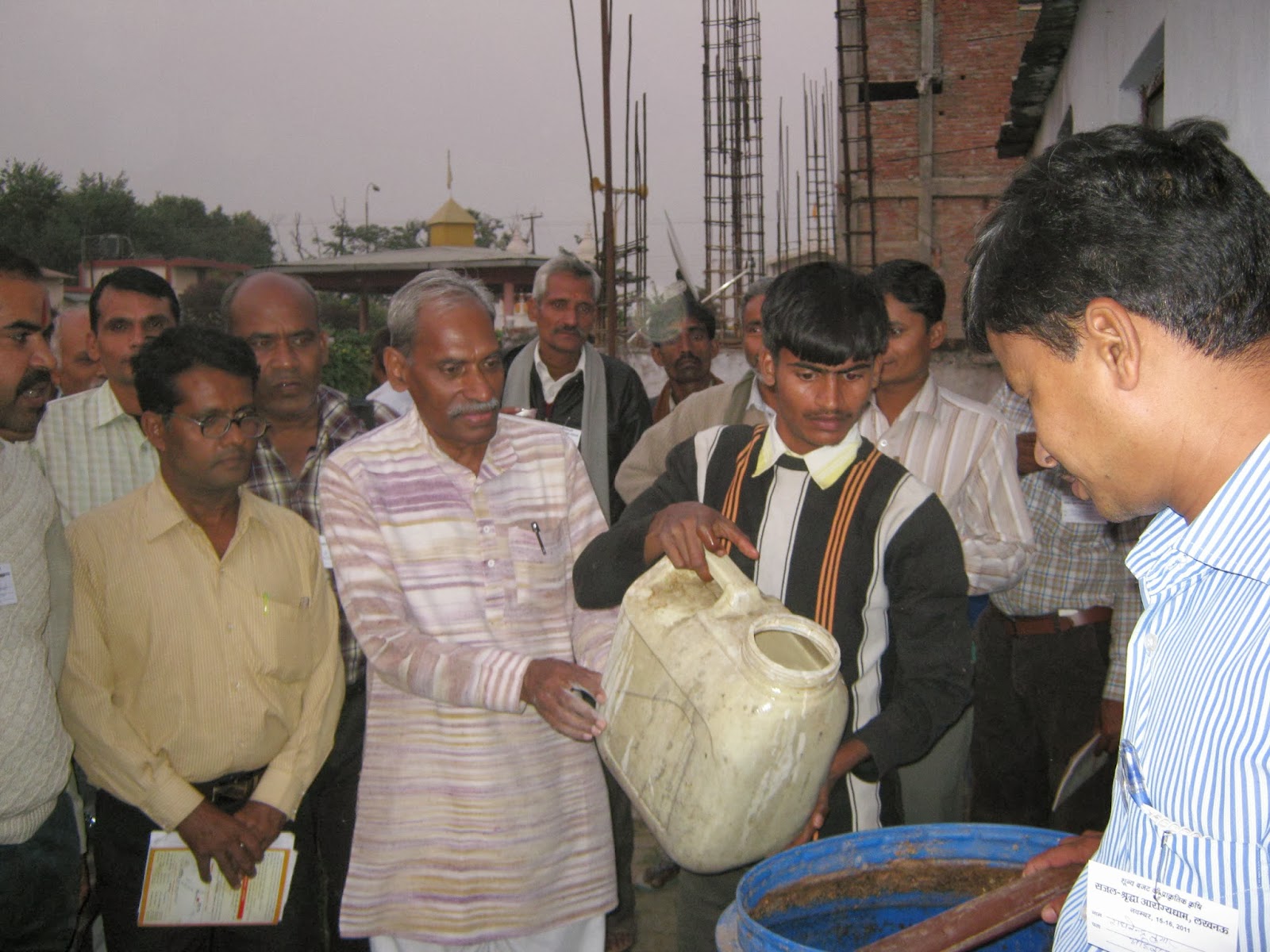
Among the experiences presented at the Food 21 Congress organized in Vitoria-Gasteiz on food sovereignty, some of them should be drawn to the attention of Ashlesha Khadd, from India, who in ten minutes summed up the Zero Budget Natural Farming model. After passing through the Colegio de la Frontera Sur de Chiapas (Mexico), Amrita Bhoomi Centre is today in her hometown, in the center of agricultural studies.
From 1993 to the present, 250,000 people have committed suicide among Indian farmers. According to Amrita Bhoomi, the dependence on external markets and the indebtedness that agro-industry companies have created between the baserritars are at its root. Most dwellings are subject to debt in India, not only the problem of the small ones, but also the big ones, who are chained. Hundreds of millions of people have fled the countryside in search of life in the cities, despite the fact that the knowledge they have learned on their farms and are condemned to extreme poverty is not worth much in the megapolis and shabolders.
The Zero Budget ZANN Natural Agriculture (ZBNF) has spread strongly among efforts to improve the lives of farmers, particularly in southern India. The ZANN strategy gives farmers the hope of breaking dependency on credits and drastically reducing production costs, putting an end to the vicious circle of debts.
The concept of “Zero Budget” here means that without credit and without any spending on fertilizers or medicines from abroad, while “Natural Agriculture” means working with nature and without chemicals.
If the march of the ZANN lightning has spread somewhere, it has taken place in the southern state of Karnataka, where the ZANN strategies of leader Subhash Palhain and the KRRS movement Karnataka Rajya Raitha Sangha, member of La Vía Campesina, have been united.
The KRRS movement has mobilized millions of farmers against the control of seeds taken by the multinationals, organising a “civil disobedience against the slavery of the seeds”. His best known leader was Mahantha Nanjundaswamy, also known in anti-globalization activities, who founded Amrita Bhoomi College.
Today the ZANN model is led by Subhash Palhain (1949). Born in a baserritarras family, he went to university to study agronomy. Entering the studies with the Indian tribes, their problems profoundly marked. In 1972, Palekar returned home from his parents, but, apart from the natural agriculture his father had cultivated until then, he reformed the farm as he studied at the university, based on the chemicals of the Green Revolution.
Despite the fact that his lands initially provided him with more and more crops, he realized from 1985 onwards that production began to decline without interruption. During this time, as an intellectual class man, he had studied the classic Hindust references of Karl Marx, Mahatma Ghandi and India. Driven by the decline in the industrial production of their lands, it immersed itself in six years of research, especially analyzing the dynamics of trees and forests that, as we know, live without the help of humans and nourishing themselves and bringing benefits to others.
The Palekar system owes a great deal to Japanese Masanobu Fukuoka, the world's leading leader in many farmers. But the idea of Buddhist Fukuoka has been rigorously adapted by Hinduist Palhain to the needs of the very poor farmers of India.
Basic survival kit
The ZBNF movement in Karnataka is based on a large network of volunteers that work informally, each region in its style, based on the collaboration between farmers and farmers in the “Campesino a Campesino” model that has become popular in the world.
There are also activities organized centrally at intervals. Palekar himself, a cross in all of India, offers the baserritars intensive courses of 5 days, 8 hours a day, grouped into groups of between 300 and 5,000 people, men and women, adults and young people. Three and a half symbolic euros are charged to those who can pay, while shelters, meals and the rest are paid by volunteers. There Palatino expressed himself in general terms, as in philosophy and ecology, with the least details to harvest the land.
The merit that all palacars acknowledge is that the principles of organic farming have been enshrined in such a simple box for the poor people of India. Emergency tools so that baserritars found in the subsoil and often killed to misery, can immediately access, working with the ingredients they have at their disposal, a minimum of food sufficient to survive.
The baserritars learn to cook in their own house and without paying a penny to anyone outside the four elements that make up the basic kit, using only the urine and manure of the cows that have been consecrated since time immemorial, the earth, the flour of some legumes and the power of certain fertilising plants. The four fundamental elements are named after a name. Juice for the proliferation of jivamrita, microorganisms and earthworms. Bijamrita, pasta to better fertilize the seeds wrapped in it. Achadana, covering the land of plants and manure like what we in the rich world call mulching. And how to use Whapasa water so that cereals can make the most of it.
Another of the pillars of the model is the combination of the different types of plants in the crops and vegetable gardens. Because the zero budget does not mean that the cost of each is zero, the objective is to balance the costs and needs of each other through the cogeneration of the different plants, optimizing the characteristics and synergies of the different plants.
Fences and trees are used at the edges and murals of the fields, such as to fix the rainwater to pay for the harvests of the area. And particular importance is attached to the bovine breed Bos Indians, which has always been an essential component of agriculture, because it joins the beliefs of the Hindu people … and because free cow manure is better at paying the field than the European herds of stables.
Some experts believe that India's ZANN can be the world's largest agro-ecological movement. Millions of families practice in India. You will be able to meet your representatives with all those who come to the World Conference that Via Campesina will be holding next July in Bizkaia.
Laborantzaren Orientazio Legea pasa den astean ofizialki onartu du Frantziako Parlamentuak. Ostegunean Senatutik pasa da azken aldikoz. Iazko laborarien mobilizazioen ondotik, aldarrikapenei erantzuteko xedea du lege horrek. Aldiz, ingurumenaren aldeko elkarteek azkarki salatzen... [+]
Zubiak eraiki Xiberoa eta Boliviaren artean. Badu jadanik 16 urte Boliviaren aldeko elkartea sortu zela Xiberoan. Azken urteetan, La Paz hiriko El Alto auzoko eskola bat, emazteen etxe baten sortzea, dendarien dinamikak edota tokiko irrati bat sustengatu dituzte.
Datorren astean Departamenduko Laborantza Ganbarako hauteskundeak ospatuko dira Ipar Euskal Herrian. Frantzia mailako FDSEA eta CR sindikatuez gain, ELB Euskal Herriko Laborarien Batasuna aurkezten da, "euskal laborarien defentsa" bermatzeko.
Euskal Herriko Laborantza Ganbera elkartearen hogei urteak ospatu zituzten asteburuan Ainhize-Monjolosen. 2005eko urtarrilaren 15 hartan sortu zuten Lapurdi, Baxenabarre eta Zuberoako laborantzaren garapena –hori bai, iraunkorra eta herrikoia izan nahi duena–... [+]
Departamenduko Laborantza Ganbarako hauteskundeen kanpaina abiatu da. Urtarrilaren 14an bozetara aurkezten diren hiru sindikatuen ordezkariekin bi oreneko eztabaida sakona antolatu zuten Euskal Hedabideek, osoki euskaraz.












